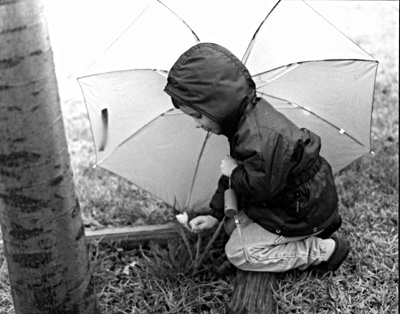All Nonfiction
- Bullying
- Books
- Academic
- Author Interviews
- Celebrity interviews
- College Articles
- College Essays
- Educator of the Year
- Heroes
- Interviews
- Memoir
- Personal Experience
- Sports
- Travel & Culture
All Opinions
- Bullying
- Current Events / Politics
- Discrimination
- Drugs / Alcohol / Smoking
- Entertainment / Celebrities
- Environment
- Love / Relationships
- Movies / Music / TV
- Pop Culture / Trends
- School / College
- Social Issues / Civics
- Spirituality / Religion
- Sports / Hobbies
All Hot Topics
- Bullying
- Community Service
- Environment
- Health
- Letters to the Editor
- Pride & Prejudice
- What Matters
- Back
Summer Guide
- Program Links
- Program Reviews
- Back
College Guide
- College Links
- College Reviews
- College Essays
- College Articles
- Back
Innocence and Abuse: The Chimney Sweeper 1 & 2
Similar to many Romantic poets, William Blake wrote emphatically and romantically of his time –divulging the corruption and pollution that the industrial age had brought to England. Staying true to his Romantic antics, especially the value of childlike innocence and the beauty of untouched nature, Blake expresses his expertise on the matter poetically in both The Chimney Sweeper 1 & The Chimney Sweeper 2. In these poems, he specifically covers two key elements to the story: hope and pain.
In The Chimney Sweeper 1, Blake throws a curve ball at the readers, by portraying the innocent children as optimistic of the future and diligent at their work, despite their circumstances. Though the poem starts out with the boy recalling his mother dying and his father selling him into child labor, this image is contrasted by the comradery he finds with his fellow young workers and the inextinguishable ability to have a dream and look forward to better days. Blake highlights these pure points with the chimney sweepers seeing an Angel, come to set them all free from their relentless labor. This section of the poem, alone, shows the Romantic writer’s view of how highly esteemed children should be, in the midst of a time when children were not being held in high regard and were being used despicably. The writer also exhibits irony in how the children are so pure and hopeful, yet are in the middle of inescapable, filthy, death like circumstances as he pits the picture of coffins against that of freedom. Similarly, Blake uses word choice intentional to his impressment of the story, as he makes the reader hear every sweep in the scratchy diction and thoughtful rhyme of every repetitive, soot filled weep. Though the children of the Chimney Sweeper 1, exhibit hope, innocence, and belief in the reward and rest of better days or the afterlife, Blake leaves the understanding reader with an underlining ulterior message and an unquenchable desire to know the rest of the story.
The Chimney Sweeper 2, seems to pick up in a similar case right about where the previous piece left off. The reader sees a weeping, chimney sweeper, child and a voice questioning where the parents are. Blake’s own voice is incredibly more present in this poem, as he spells out a message he merely hinted to in the piece before: the hypocrisy of society and the abuse of the children. The social errors of the time are truly aired, as Blake uses his rhymes to describe how the parents are going to the church, to sing praises and get clean- meanwhile they leave their children, and the children of the country to sit in soot like death and earn money for their causes. Blake uses a very even and mature tone through this poem, to show that though the child has come to an acceptance with their circumstance, they are no longer naïve to the abuse they’ve been subjected to. Perhaps one of the most severe and brilliant parts of this piece of Blake’s writing, is how he, without a doubt, lets the reader know that the actions of the miserable elites will not go unknown. In the last two stanzas, Blake completely calls out the using of the children and demolishes the idea that it’s okay to take advantage of children, when he writes “Because I was happy upon the heath, And smil’d among the winter’s snow: they clothed me in the clothes of death, And taught me to sing the notes of woe. And because I am happy, & dance & sing, They think they have done me no injury”. If nothing else, in The Chimney Sweeper 2, Blake strives to leave the religious hypocrites, high society, and country men with the haunting feeling of the death and dissolved innocence of the children they’ve caused.
So in both The Chimney Sweeper 1 and The Chimney Sweeper 2, William Blake uses his literary platform to face a social and economic corruption with both poetic flow and boldness. Tying the two together, he gives the reader a more full and expressive portrait of the story and tells the tale that many who are dead may never be able to speak. Finally Blake uses his painful words to advocate for change and bring about a better tomorrow for children and to fulfill the hopes and dreams of all those before.

Similar Articles
JOIN THE DISCUSSION
This article has 0 comments.

I had to writen an essay on two poems for my English class and foound myself very inspired by William Blake's Songs of Experience and Songs of Innocence. This was the result.